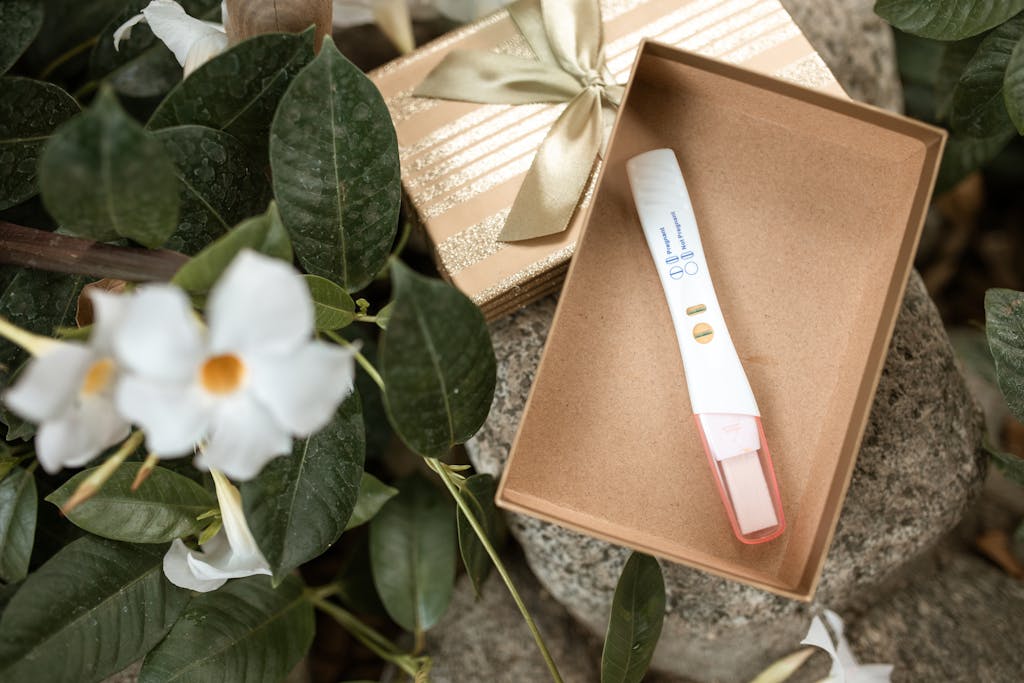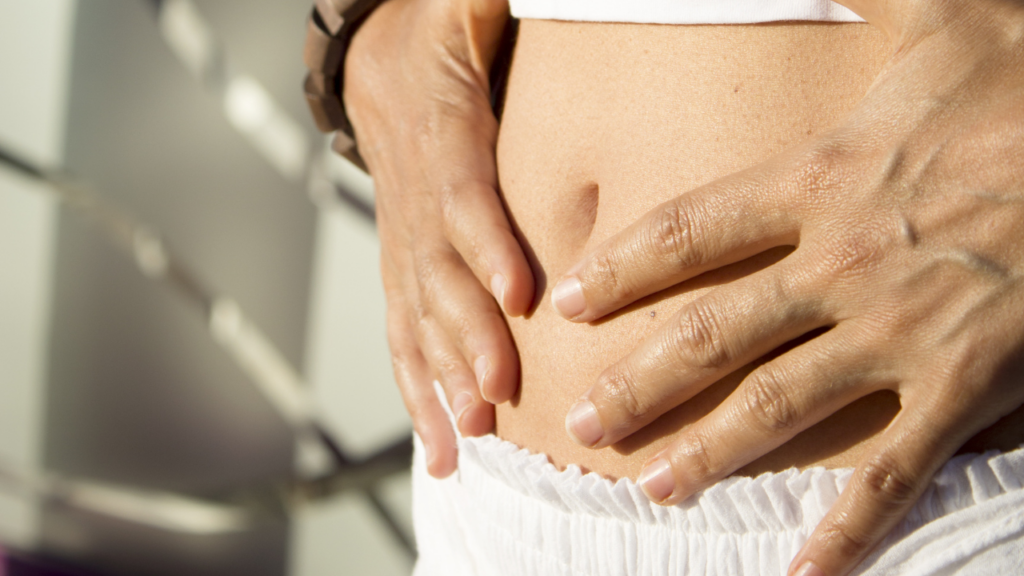How to Change the Way You Eat
Published on January 19, 2015 by Dr. Caitlin Gordon
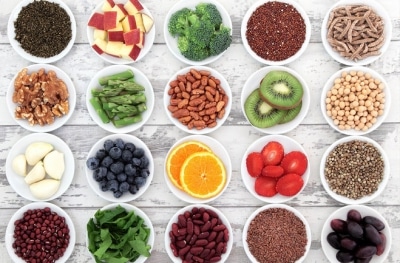
On a daily basis, I confront the dilemma of how to get my patients to change the way they eat. I know the power of food. Food is medicine. It truly is. Almost any health complaint can be helped (or hurt) by what you eat. But, food is hugely emotional. Most people are very resistant to changing how and what they eat.
We’ve been conditioned by advertising and even the government (think outdated food pyramid based on disproved science paid for by corporate lobby groups) our whole lives to believe certain ways of eating are healthy despite the mounting evidence they are not. Good example: eat low-fat, and you need milk for calcium. Turns out there’s a lot of evidence that high-fat, and minimal dairy is actually 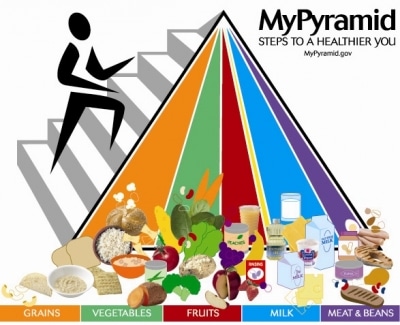 more conducive to good health. We learn that butter causes high cholesterol. Did you know there is no proven link between saturated fat consumption and cholesterol, and furthermore no good link between cholesterol and heart disease? Really! Read all about it. On top of all the misinformation, we are habitually trained by and emotionally attached to how we ate as kids. We were fed certain foods when we were sick or sad, and got certain treats as rewards. All this is to say, food habits are hard to break.
more conducive to good health. We learn that butter causes high cholesterol. Did you know there is no proven link between saturated fat consumption and cholesterol, and furthermore no good link between cholesterol and heart disease? Really! Read all about it. On top of all the misinformation, we are habitually trained by and emotionally attached to how we ate as kids. We were fed certain foods when we were sick or sad, and got certain treats as rewards. All this is to say, food habits are hard to break.
So, how can I inspire you to change the way you eat? The easiest, most effective change happens when you make a dietary shift and you feel the difference in your body. This becomes a kind of innate wisdom that is very motivating. Your mind AND body remember how you felt when you did xyz. So you want to keep doing it (I hope).
There are times this doesn’t work. Eating organic, grass-fed meats is without a doubt the healthiest and only safe way to consume meat. However, you probably aren’t going to feel any different day-to-day eating it. You will notice it costs more! That it might help reduce your risk of heart disease or cancer ten, twenty, or forty years down the line isn’t very motivating for most people. Our brains aren’t designed to think long term like that. So what’s going to keep you motivated to stick with it? You might have a strong ethical or environmental position, something deeply entrenched that pulls you to change how or what you eat. Or you might just have to practice. This requires you to pay more attention. You have to practice connecting to your food, considering the source, and the impact on your body.
3 Steps to Change the Way You Eat
- Change your relationship with food.
- If your relationship to food is highly emotional, you’re going to need to revamp things in order to change habits. You might know exactly how you should eat, and why, but if your anxiety drives you to a pint of ice cream, you’re not gonna make much progress. Acupuncture and therapy can help manage your emotional state so you have more will-power, are better able to relax and de-stress, and express and process emotions. You can learn to think about food as a tool for health, a necessity for survival, and not a crutch or a band-aid for tough feelings.
- Educate yourself on the best diet for YOU.
- You might not be an emotional eater, but maybe you don’t really know what foods are best for you, what foods might be causing symptoms, or how to shop for or cook healthy food. This is where the “get inspired” list below can help, along with a holistic nutrition coach, and customized functional nutrition counseling.
 3. Stick with it. Stay Motivated.
3. Stick with it. Stay Motivated.
In order to notice a change and attribute it to what you do or don’t eat, you have to stick with a diet change for several weeks or even months. This part is hard. I think art is one of the most powerful ways to inspire change. Books and movies have caused me to make dramatic changes in my habits. It connects with me on an emotional level. I need the story to move me and teach me why I should care. Why should we care about organic food? Why should we care about GMOs? I might get hit by a bus tomorrow, why shouldn’t I eat pizza and cake all day?! The answer for me is quality of life, not just for yourself, but for your friends, and your grandchildren. My hope is by reviewing books and movies which have been instrumental in getting me to where I am today, you too will feel inspired to change the way you eat.
My Journey With Food
When I think back on my own journey with food, it started in 4th grade when I first decided to become a vegetarian–a pescetarian I remained until age 23. In High School, I did the South Beach diet, Atkins, and the Cabbage Soup Diet (no joke). In college, I tried the Master Cleanse, strict veganism, vodka and pizza only, and many organic frozen dinners thinking that was healthy. I cut out caffeine. Post-college, I counted calories for a while, then started eating meat again, then tried sugar-free for the first time. I learned to cook, cut out fast food completely, stopped using soda in my cocktails, switched to only buying organic. Then I went on a strict anti-allergen diet, a diet for people with under-functioning thyroids, got into juicing, raw foods, did several candida cleanse diets, went gluten-free, and started cutting out alcohol. I’ve done it ALL. I feel like I have a really good idea of what works for me and a pretty decent idea of what works for other people too—at least where you should start to change the way you eat. 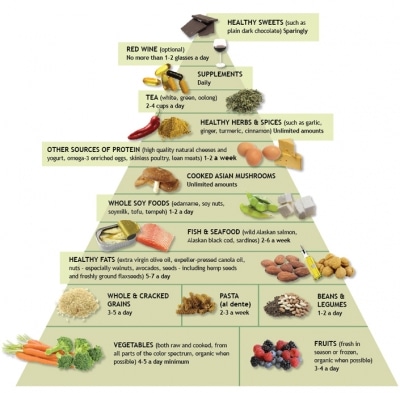
It took me over a decade to change the way I eat. Where I am today: organic, gmo-free, gluten-free (read why here), dairy-free, low grain (rice sometimes), very low sugar, grass-fed organic meat, wild Alaskan salmon, pasture-raised eggs, and veggies, nuts, seeds, and fruits. I’m also a human. That means on special occasions I eat gluten-free chocolate chip pancakes covered in maple syrup.
It took over a decade to get here: where eating this way doesn’t feel like a ton of work, doesn’t feel like constant deprivation, makes my body and mind happy, and allows me to eat as much as I want without worrying about gaining weight. Yet, I am still constantly making changes! I still breakout, I still occasionally find that my digestion is thrown off, or I get headaches or feel sluggish. I am learning how to make eating this way less expensive. I ordered kefir grains and made my own probiotic drink. I learned how to make healthy mayo at home. I participate in a CSA. I am always practicing how to spend less grocery shopping, write good shopping lists, and figure out what to keep around for the best snacks or quick dinners. It’s a never-ending process, but I have found the joy in it. I hope you will too.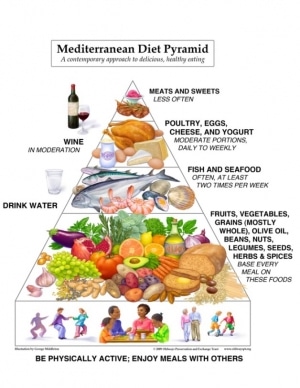
If I do nothing else as your acupuncturist or virtual health coach, I hope that I can inspire you to make the first step or take the next step in your journey towards healthier habits. You can change the way you eat! It doesn’t have to happen all at once, but I can offer some knowledge, support, and resources which will let you skip at least 8 years of my personal journey ;) —one filled with hours upon hours of research, and many mistakes. Are you ready?
The Anti-Inflammatory food pyramid by Dr. Weil above and the Mediterranean Food pyramid to the right are healthier versions of the government-issued food pyramid.
Need Healthy Snack Ideas? Download the free PDF Here
Learn More
- The Power of Flavonoids
- Healthy Recipes
- Gluten Free: Why and Why Not
- The Sugar Diaries
- Coffee: Innocent or Evil?
- Eat Seasonally
The contents of this site, including text, graphics, images, and other material are for informational purposes only. Nothing contained in this site is or should be considered or used as a substitute for professional medical or mental health advice, diagnosis, or treatment. Please schedule an appointment for personalized health advice.




